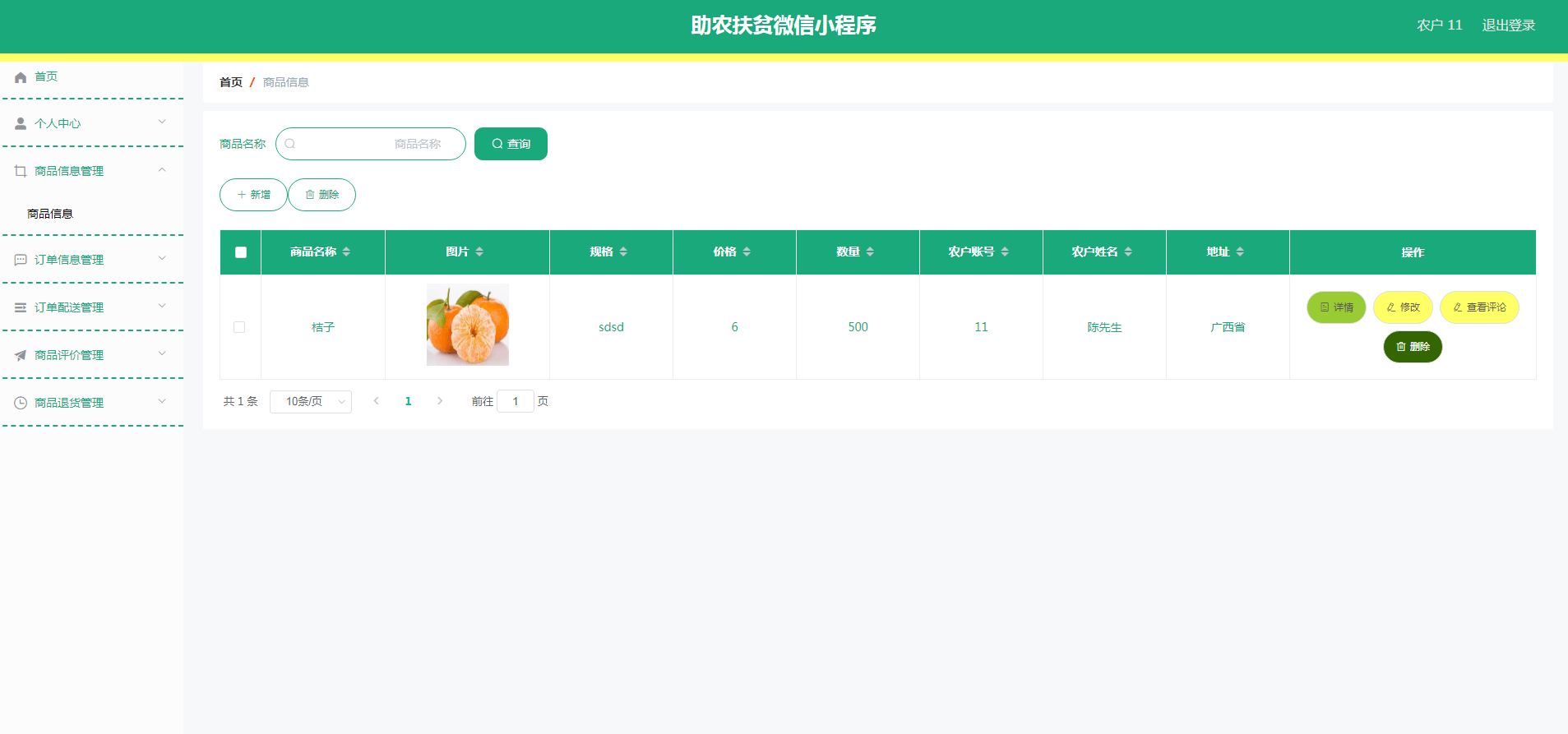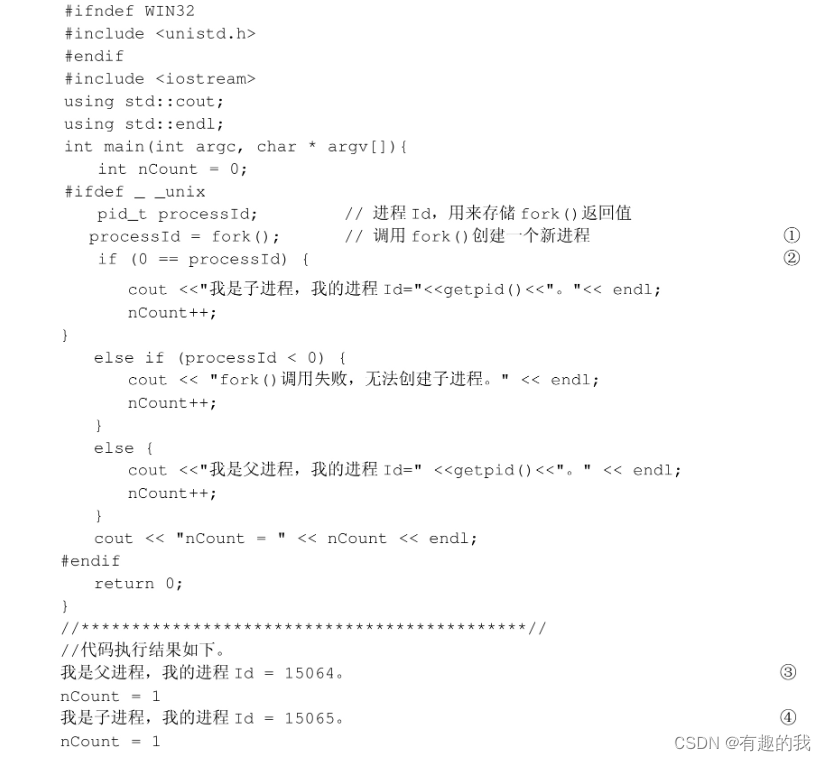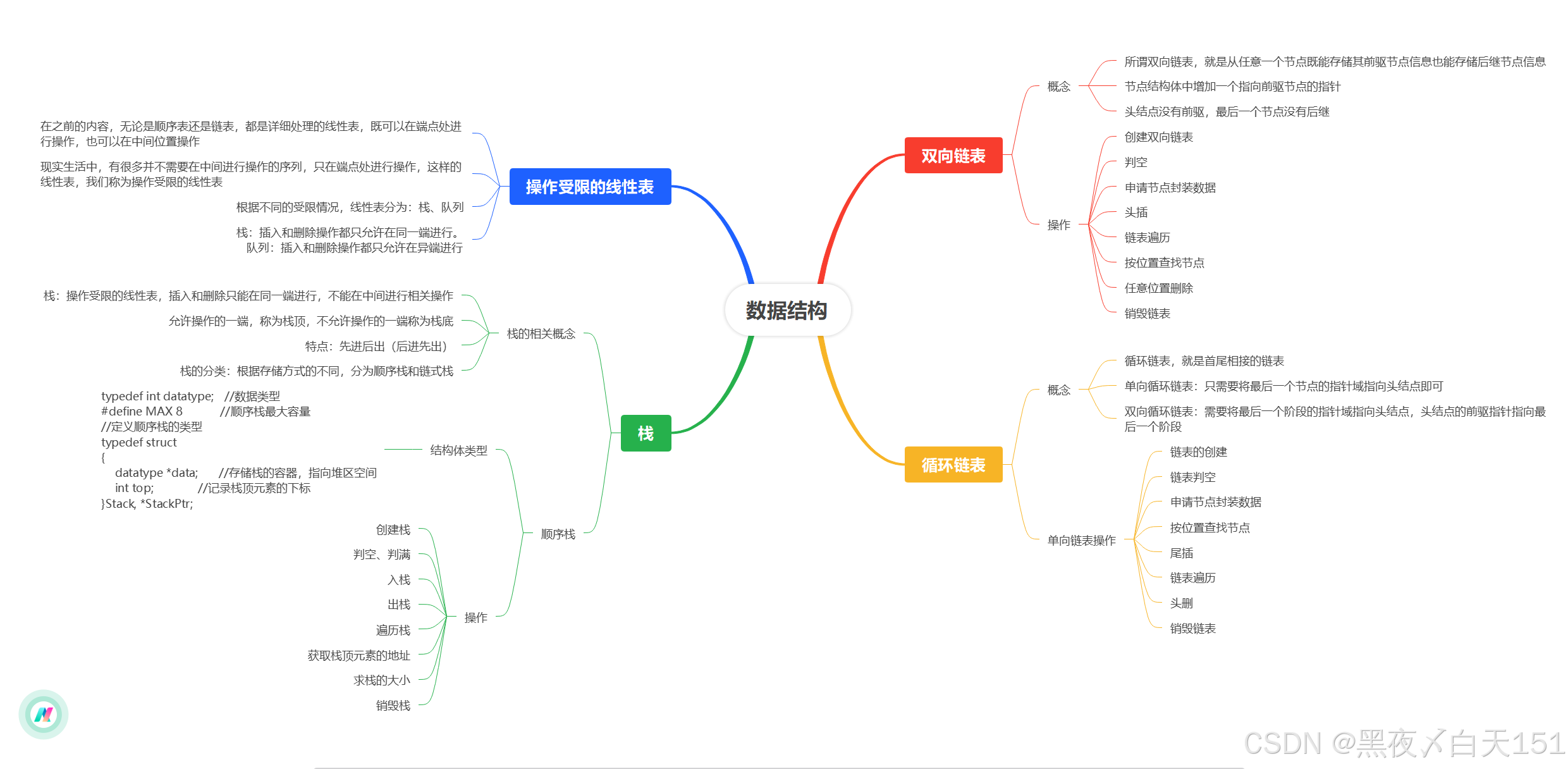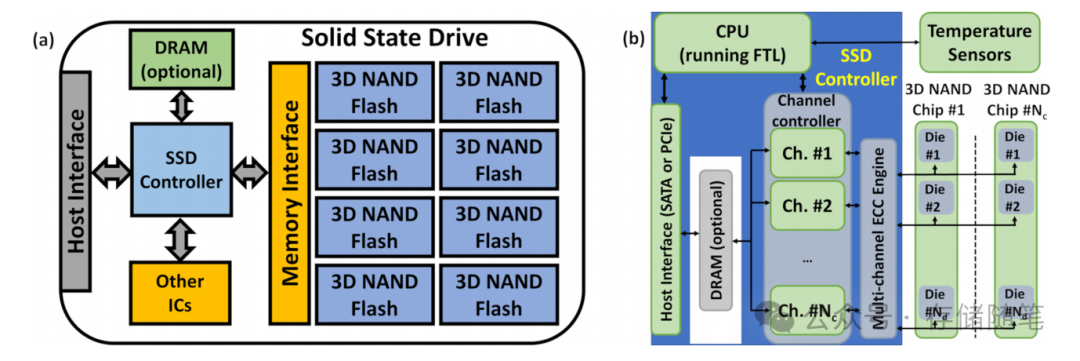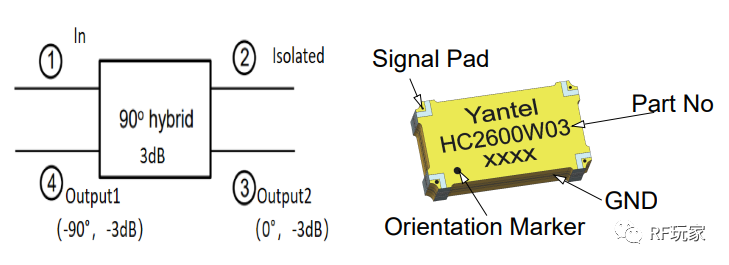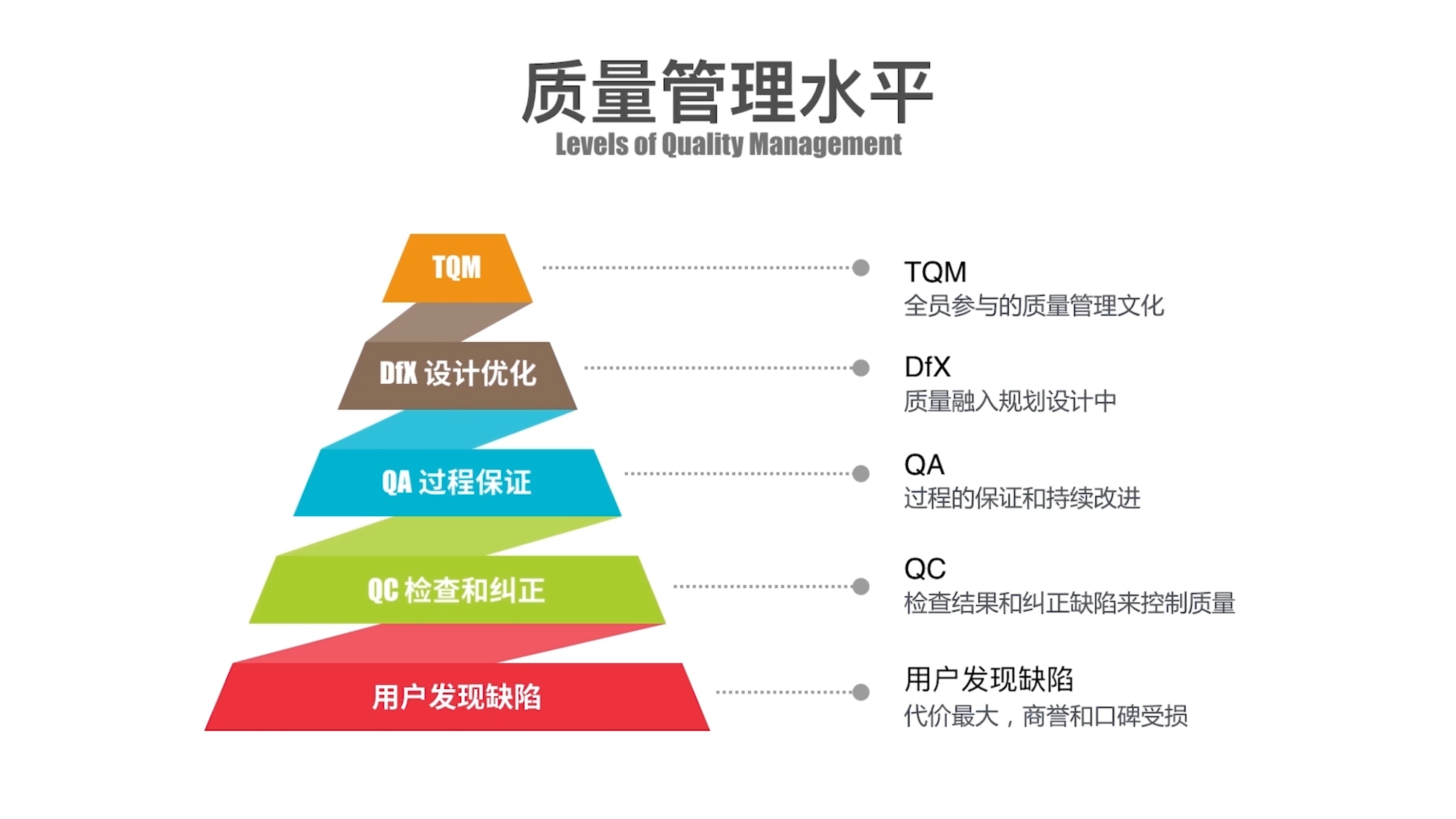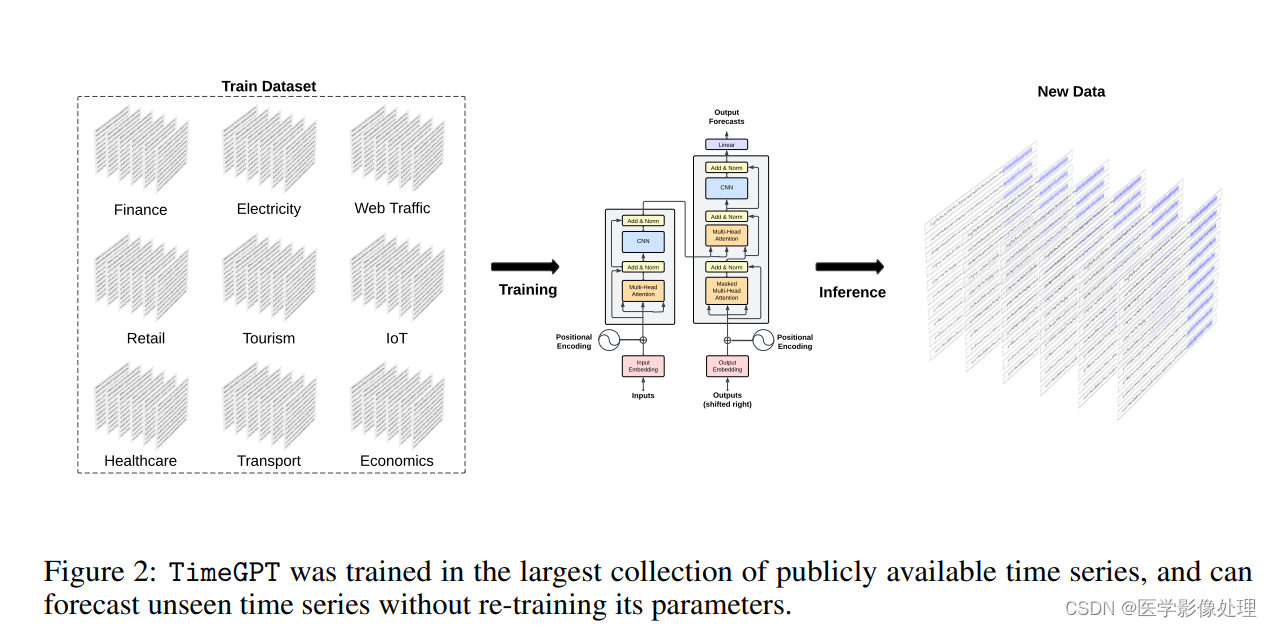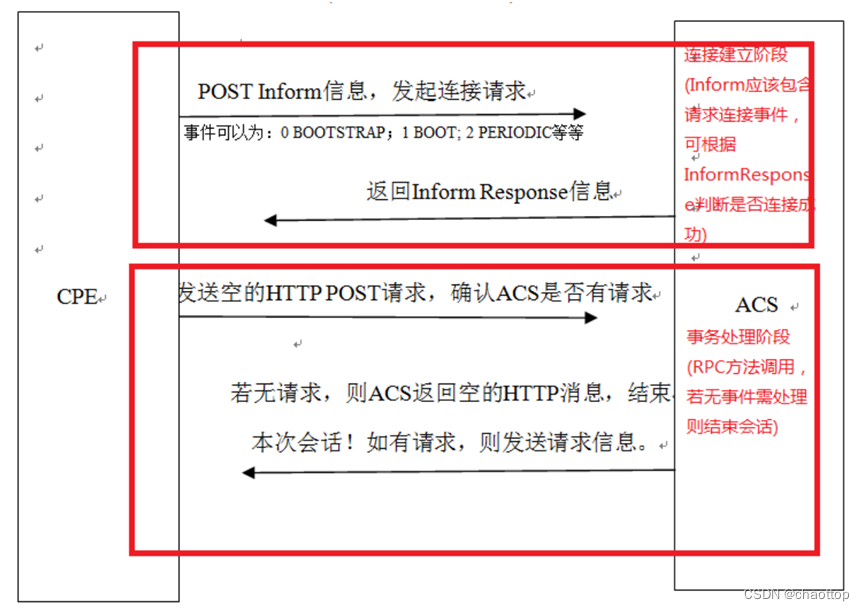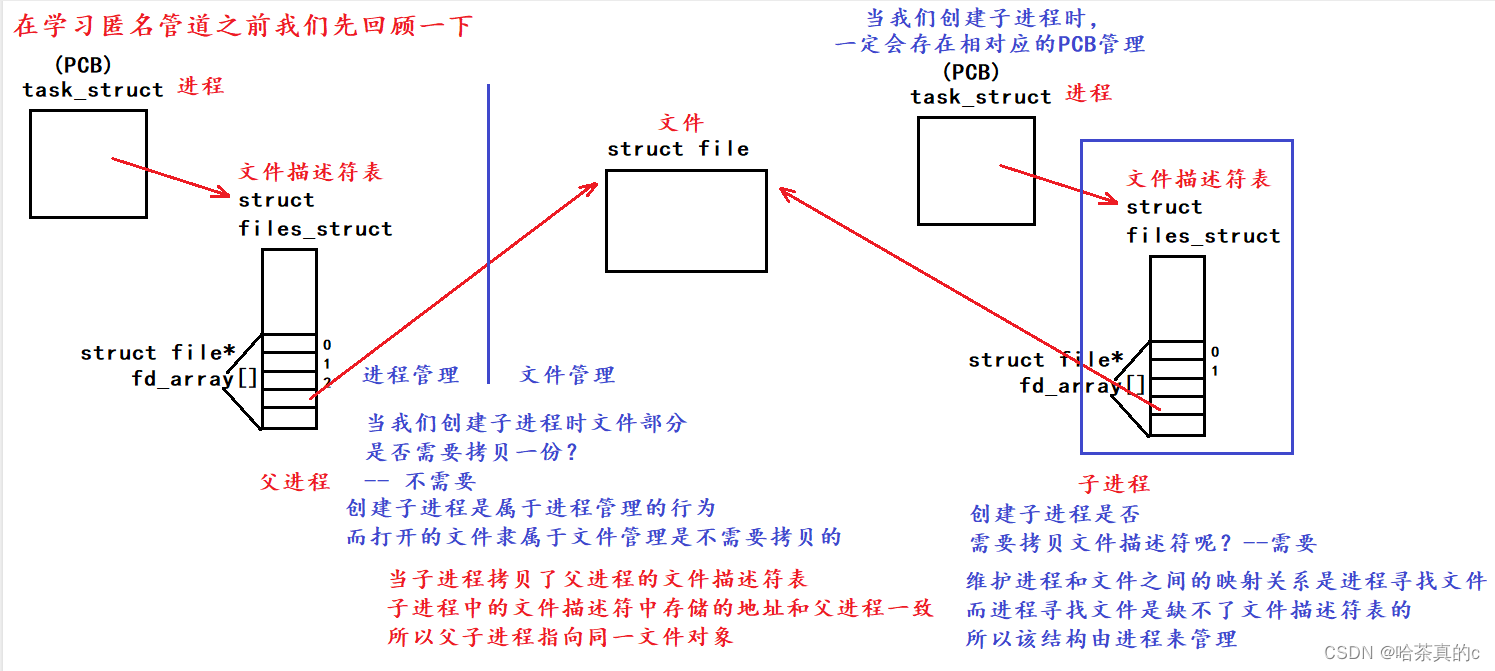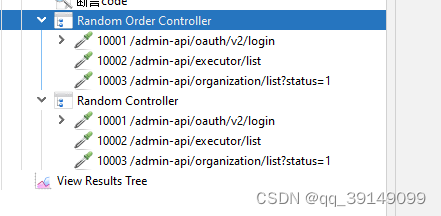总是在各大平台能刷到“0基础1个月转码”诸如此类的文章,软件开发工作真的如此简单吗?!那为何各大院校还要开设此专业!我们今天一起讨论一下什么是 “软件工程师 - Software Engineer”。个人有个人的认知,如果杠,就是你对!
Definition of a Software Engineer
A software engineer is a professional who applies software engineering principles to the design, development, maintenance, testing, and evaluation of computer software. They are adept at solving complex problems and creating efficient, scalable solutions using programming languages, development frameworks, and software development methodologies.
Software engineers must possess a blend of technical knowledge, analytical ability, and creativity to build systems that meet user needs and stand the test of time. As architects of the digital world, they play a pivotal role in shaping the technological landscape, driving innovation, and transforming industries through the power of code.
What does a Software Engineer Do?
Software Engineers are the architects and builders of the digital world, crafting intricate code that breathes life into software applications and systems. They apply engineering principles and systematic approaches to develop robust, efficient, and scalable software that meets both technical and consumer needs. Their role encompasses the full software development lifecycle, from conceptualizing and designing to implementing and testing, ensuring that the end product functions seamlessly across various platforms and devices.
Key Responsibilities of a Software Engineer
- Analyzing user requirements and defining system functionality
- Designing, developing, and testing software solutions to meet those requirements
- Writing clean, efficient, and maintainable code across various programming languages
- Integrating software components and third-party programs to create a fully functional software system
- Improving system quality by identifying issues and common patterns, and developing standard operating procedures
- Enhancing applications by identifying opportunities for improvement, making recommendations, and designing and implementing systems
- Maintaining and upgrading existing systems as required
- Collaborating with cross-functional teams to define, design, and ship new features
- Documenting development phases and monitoring systems to ensure they meet both user needs and business goals
- Conducting code reviews, testing, and debugging to maximize program efficiency
- Staying up-to-date with new technology trends, algorithms, best practices, and industry developments
- Providing technical leadership and mentoring to other team members, fostering an environment of knowledge sharing and collaboration
Types of Software Engineers
Software engineering is a diverse and dynamic field that encompasses a range of specializations, each with its own set of skills, methodologies, and areas of focus. Different types of software engineers contribute to various facets of technology and software development, ensuring that applications, systems, and platforms are not only functional but also optimized for performance, user experience, and scalability. The diversity in roles within software engineering allows for a multitude of career paths, catering to the specific interests and strengths of each engineer. From building the infrastructure that powers our digital world to creating the interfaces that users interact with, each type of software engineer plays a pivotal role in the development and success of technology solutions.
Frontend Software Engineer
Frontend Software Engineers specialize in the development of the user interface and user experience aspects of a web application. They are proficient in technologies like HTML, CSS, and JavaScript, and frameworks such as React, Angular, or Vue.js. These engineers focus on creating responsive and visually appealing interfaces that provide a seamless interaction for users. They work closely with designers and UX professionals to translate design concepts into functional and engaging digital experiences. Their role is crucial in ensuring that the application is accessible, user-friendly, and aligns with the latest web standards and trends.
Backend Software Engineer
Backend Software Engineers are responsible for server-side logic, databases, and application integration. They work with programming languages such as Java, Python, Ruby, and frameworks like Node.js, Django, or Ruby on Rails. These engineers design and implement the core logic that powers the application's functionalities, handles data storage, and ensures that the system is secure and scalable. They also create APIs that allow different software systems to communicate with each other. Their expertise is essential for building the backbone of applications, managing data flow, and ensuring that the system can support the demands of users.
Full Stack Software Engineer
Full Stack Software Engineers have a comprehensive understanding of both frontend and backend technologies. They are capable of handling all aspects of web development, from user interface design to server-side programming and database management. These engineers are versatile and adept at solving complex problems across the entire stack. Their broad skill set allows them to work on a project's full lifecycle, making them invaluable in small teams or startups where flexibility and a wide range of expertise are required.
DevOps Engineer
DevOps Engineers focus on the intersection of software development and IT operations. They work to create more efficient and automated development processes, often leveraging tools for continuous integration and continuous deployment (CI/CD), containerization, and infrastructure as code. Their goal is to shorten the development lifecycle while ensuring high-quality releases. DevOps Engineers play a critical role in implementing scalable and reliable infrastructure, optimizing deployment workflows, and maintaining system health through monitoring and proactive troubleshooting.
Security Software Engineer
Security Software Engineers, also known as Security Engineers or Application Security Engineers, specialize in designing and implementing systems that protect against malicious attacks and vulnerabilities. They have a deep understanding of cybersecurity principles, encryption, and secure coding practices. These engineers conduct code reviews, penetration testing, and work to ensure compliance with security standards. Their expertise is vital in an era where data breaches and cyber threats are increasingly common, making them an integral part of any development team that prioritizes the security and privacy of user data.
Embedded Systems Engineer
Embedded Systems Engineers develop software for non-computer devices that are part of a larger system, such as automotive control systems, consumer electronics, or IoT devices. They work with C, C++, and assembly language, and they must understand the hardware constraints and real-time computing requirements of the systems they build. These engineers are responsible for creating the software that interacts directly with the hardware, ensuring that it is efficient, reliable, and meets the specific needs of the device. Their work is critical in industries where software and hardware integration is essential for product functionality and performance.
Data Engineer
Data Engineers are specialized software engineers who design, build, and maintain the systems that allow for the efficient handling and storage of large datasets. They work with big data technologies, databases, and cloud storage solutions to create robust data pipelines that facilitate the collection, storage, and analysis of data. Their expertise is crucial for organizations that rely on data-driven decision-making, as they ensure that data is accessible, clean, and structured in a way that supports analytics and machine learning applications.
Day-to-Day Activities for Software Engineers at Different Levels
The scope of responsibilities and daily activities of a Software Engineer can significantly vary based on their experience level. Entry-level Software Engineers often focus on coding, learning the codebase, and understanding the development process, while mid-level engineers take on more complex tasks and begin to specialize. Senior Software Engineers are typically involved in architectural design, high-level decision-making, and mentoring junior engineers, playing a key role in guiding the technical direction of projects.
Below we'll break down the evolving nature of the Software Engineer role at each career stage.
Daily Responsibilities for Entry Level Software Engineers
At the entry level, Software Engineers are primarily engaged in writing code and fixing bugs. Their daily activities often include collaborating with more experienced engineers, learning best practices, and understanding the product and codebase they are working on.
- Writing and testing code for new features under supervision
- Debugging and resolving technical issues in existing code
- Participating in code reviews to learn from feedback and improve coding skills
- Collaborating with cross-functional teams to understand requirements
- Documenting code changes and technical processes
- Engaging in learning opportunities to expand technical knowledge
Daily Responsibilities for Mid Level Software Engineers
Mid-level Software Engineers take a more active role in the development lifecycle and begin to specialize in certain areas. Their work involves a greater degree of autonomy and responsibility, focusing on designing solutions, optimizing code, and improving system performance.
- Designing and implementing software components and features
- Refactoring and optimizing existing code for performance and scalability
- Leading peer code reviews and providing constructive feedback
- Collaborating with product managers to refine feature requirements
- Contributing to technical documentation and software design specifications
- Mentoring junior engineers and assisting with their professional development
Daily Responsibilities for Senior Software Engineers
Senior Software Engineers handle complex software development tasks and are responsible for architectural decisions. They are involved in strategic planning, high-level problem-solving, and mentoring, contributing significantly to the technical direction and success of projects.
- Architecting software systems and making high-level design choices
- Leading development teams and coordinating multi-component projects
- Conducting system analysis and making recommendations for improvements
- Defining coding standards and best practices for the engineering team
- Participating in strategic planning meetings with senior management
- Mentoring and guiding junior and mid-level engineers





